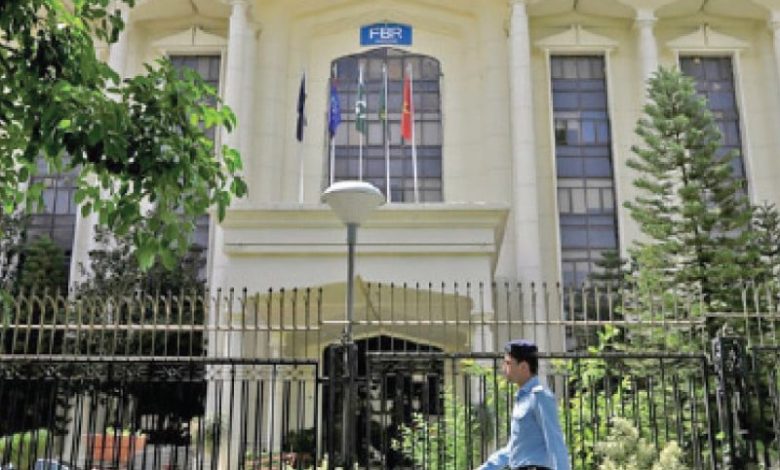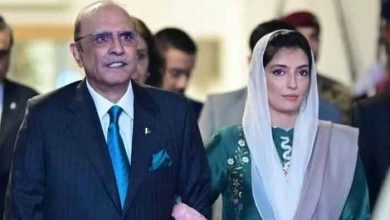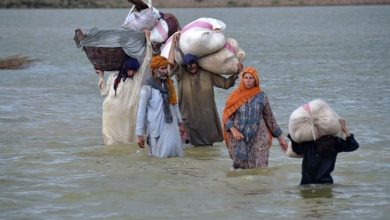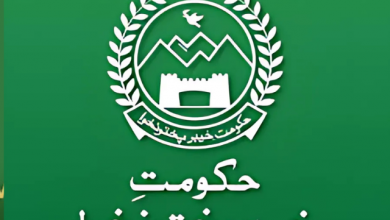SIFC deadline to overhaul FBR set to miss

Differences between the Federal Board of Revenue chairman and Finance Minister Dr Shamshad Akhtar over restructuring of the tax machinery persisted, as the Inland Revenue Service on Tuesday contemplated going on a strike across the country.
Both the finance minister and the FBR chairman have not been able to resolve the differences with only two days left in meeting a deadline set by the Special Investment Facilitation Council (SIFC) about submitting a summary for the cabinet.
The SIFC on Jan 3 had in principle approved the FBR’s administrative and legal restructuring and instructed the finance minister to take a summary to the federal cabinet within 15 days for approval.
The FBR chairman has submitted a draft of the summary to the finance minister but there are issues between the top two decision-makers.
There are also differences between the Customs Service Group -the junior partner- and the Inland Revenue Service -the group controlling the FBR administration.
The SIFC had approved to separate the policy function of the FBR and place it with the Revenue Division. It also approved to abolish the FBR and establish two new boards, the Federal Customs Board and the Federal Board of Inland Revenue.
Sources said that the finance minister wanted the chairman of each board to be from the private sector. But the FBR chairman wanted a government servant to head the board due to the nature of the work.
Read SIFC steps in to end differences over gas price hike
This difference is becoming a hurdle in the finalisation of the summary for the cabinet along with many other sticking points. If the difference persists, the summary might have the dissenting views of the finance minister and the FBR chairman and the matter would then be decided by the cabinet.
The caretaker prime minister is currently visiting Switzerland to attend the Annual World Economic Forum Meeting. Once the summary lands in the cabinet and is approved, it would lead to triggering a host of amendments in multiple laws and rules. However, there is one strong view that it is not the mandate of the caretaker government to unleash such drastic restructuring just three weeks before the elections.
But the Customs Department sees these three weeks the only window where they can be separated from the influential Inland Revenue Service Group.
The matter would also be discussed today (Wednesday) at the Senate Standing Committee on Finance, to be chaired by PPP Senator Saleem Mandviwalla.
The FBR’s field formations of Inland Revenue Service on Tuesday contemplated to go on an indefinite strike with effect from 11am against the restructuring. However, the senior FBR management was trying to convince the service to postpone the strike for a few days. Last Friday, the Large Taxpayers Office Karachi observed a token strike against the restructuring, which the officers now wanted to be spread to all 25 offices across Pakistan.
Read SIFC takes steps to save Rs149b
The sources said that the Customs Department had its own set of reservations. The FBR chairman proposed to place the functions of the human resource management, directorate of valuations and the International Taxes with the Revenue Division. But the customs officers were against these proposals.
The SIFC had been informed that the purpose of the FBR’s restructuring was to enhance revenue collection, strengthen governance and accountability, separate policy function to ensure sustainable economic growth and transparency and introduce better oversight mechanisms with steeper accountability.
The Tax Policy Board will be headed by the finance minister and will include experts in taxation, tax policy division and tax administration, economists, and industry experts with no conflict of interest.
The Revenue Division’s mandate will include political coordination across federal and provincial tax matters. It will work to promote revenue and tax policy coordination. The division will also be responsible for integrity policy frameworks, strengthening the tax appellate bodies and modernising the legal and regulatory framework.Functions of the two new boards
The government would appoint the director generals from the Inland Revenue and Customs Groups. The director generals will be the heads of the respective establishments for a fixed tenure.
They will be accountable to the respective oversight boards and will act as principal accounting officers for their respective administrations.
Each board would comprise 10 members – four from the public and six from the private sectors.



